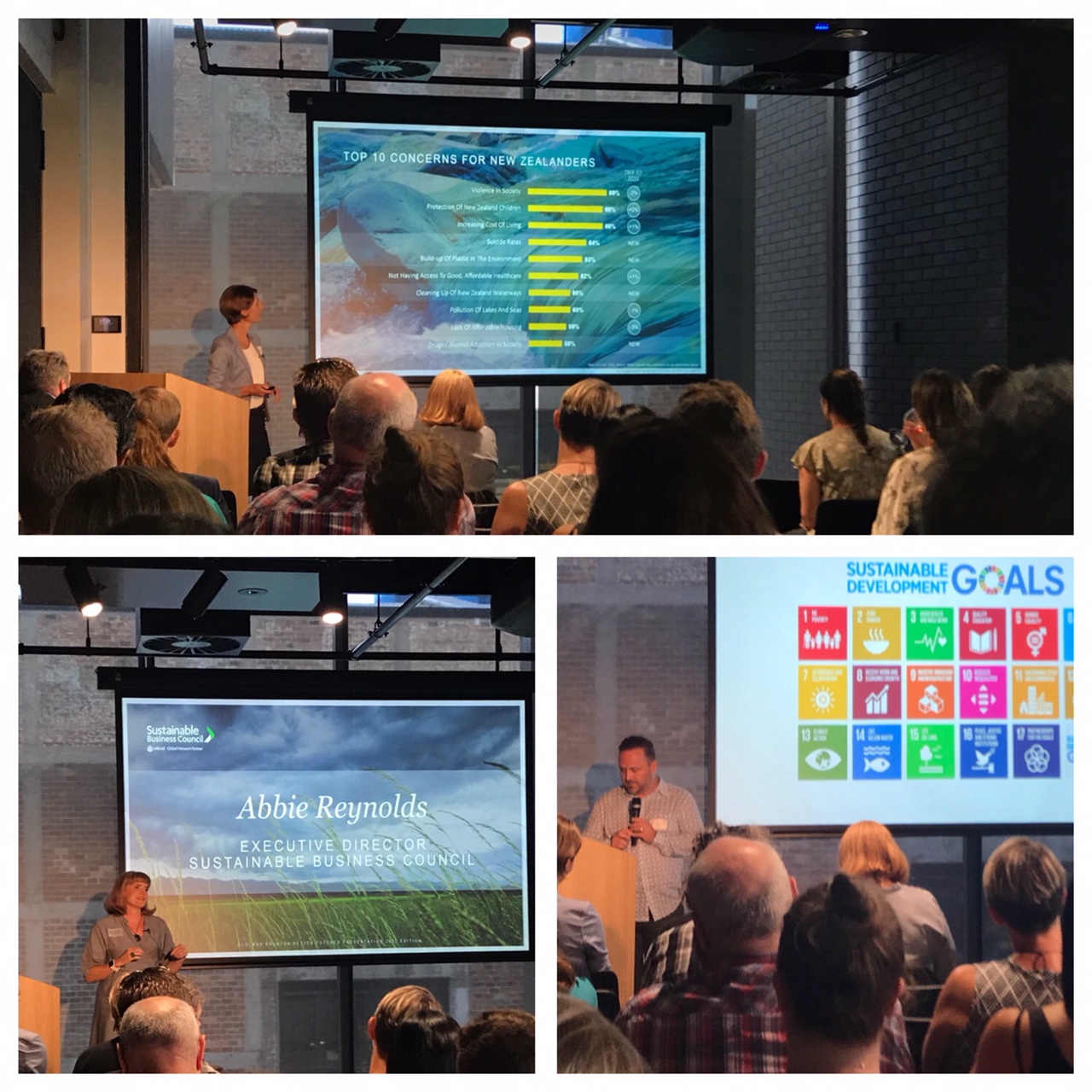Sustainability is no longer niche

Every day I see signs that businesses who are operating sustainably still have a long way to go to connect with consumers.
But the data presented in Colmar Brunton’s latest Better Futures 2017 report, which was presented last week to an audience of over 100 business people, is reaffirming.
The report results told us that the group most highly committed to living a sustainable lifestyle was female, low income earners, and over-60s. This was something we hadn’t seen before.
And the massive jump in consumer concern over plastic pollution – which Colmar Brunton dubbed the “next sugar” – shows us that campaigns and personal observations are affecting the attitudes of a wide range of consumers across New Zealand society.
Water was shown as an issue dear to many Kiwis’ hearts, with problems relating to sanitation and clean drinking water as much of a concern as the state of oceans and rivers. Nine out of 10 surveyed Kiwis said that these problems are not for one group to solve alone – it’s a collective responsibility and everybody needs to play a part in the solution.
And the data on the public’s rising awareness of the United Nations’ Sustainable Development Goals – which many of our member businesses are trying to align with – indicates another opportunity for businesses to connect with consumers on global sustainability issues and solutions.
All these findings tell us that sustainability is no longer a niche pursuit for middle class Kiwis. And it’s also no longer about just buying sustainable products and services – it’s about collective action and changing values across society.
So what happens now? What do businesses need to do to keep this momentum?
Abbie Reynolds, SBC’s executive director, urged business to use the Better Futures data to help frame how they respond to the shift in consumer attitude to sustainability. The world is moving past the mentality of ‘consumers should just choose us because we’re the most sustainable’, which is based on the idea that consumers have the time and expertise to find out.
And through our work on consumer decision-making, we will continue to tell businesses that sustainability is changing from the periphery to a central way of being for people. Businesses that accept this and develop better storytelling that connects with consumers will do better in the long term. They will have the advantage and inspire the companies that aren’t there yet.
And with sustainability becoming more mainstream, businesses will need to respond to consumer demand for transparency and visibility.
Businesses need to help people make the change they want to see.
Alison Herft
SBC Member Engagement Manager
Contact:
Phone:
Email:
